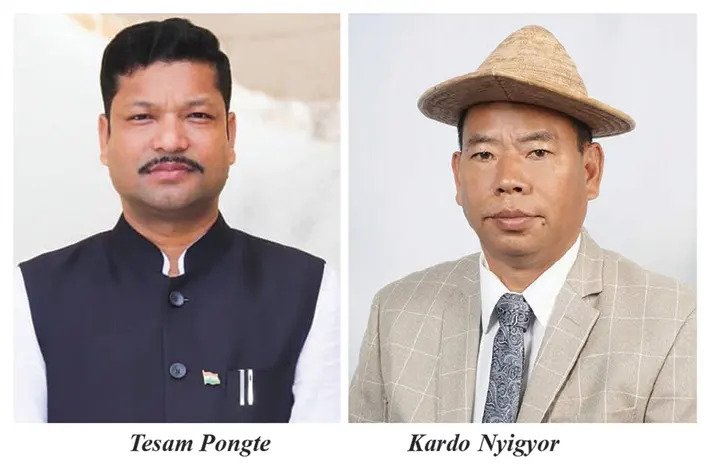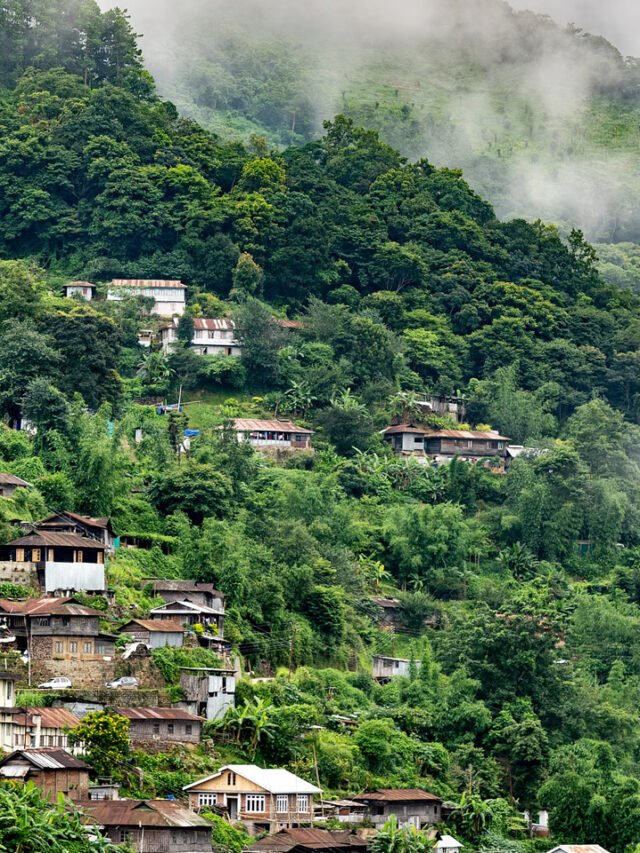HT Correspondent
DALGAON, July 1: Would you believe that there is constituency in Assam having no colleges? If not, then come to Dalgaon if Darrang, you would see the realty.
As India celebrated its 75th anniversary of independence, the grimmest picture of the so called developed education system in Dalgaon came to light.
Out of 126 Constituencies, Dalgaon is the only constituency in the Assam Legislative Assembly without a full-fledged college. As a result, students of the constituency are deprived from higher education and parents forcefully getting marrying off their daughters at an early age while the boys had to go out of the state in search of employment.
The majority students of Dalgaon constituency study at Kharupetia College which is under Mangaldai Constituency but the lives of 1000-1500 students pushed into darkness every year due to the increasing load of students as the parents can’t afford to bear the expenditure of admitting their children in private college. There are no full-fledged colleges in Dalgaon, but no government from the Gopinath Bardoloi to the present Himanta Biswa Sharma government has paid heed to the problems of the students in the constituency.
From India’s independence, people of the region have been waiting for a full-fledged degree college. A science college was established in Dalgaon during the late Tarun Gogoi government but it was renamed Pandit Deendayal Model College during the Sonowal government for Science Stream only.
The local legislator Mazibur Rahman played a vital role demanding to establish a full-fledged college in the region in and outside of the Assembly floor. The education minister, Ranoj Pegu had visited the model college in 2021 and assured to add Arts-Commerce Stream but it took a year to announce.
AMSU, ASSP, NEMSU, Jagaran Mancha and other organisations have thanked the education minister local MLA for their efforts and demanded the establishment of a full-fledged college soon. The inclusion of Arts stream has alleviated the pro-longed issues slightly but the intellectuals of the region were worried about when the problem of full-fledged colleges will be solved.











